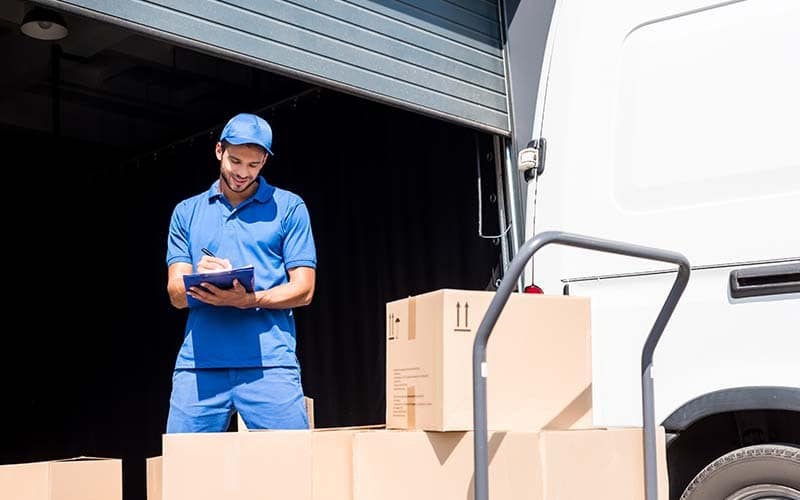In an era marked by technological advancements, the future of logistics delivery stands poised at the intersection of swiftness and securities, heralding a transformative age in the way goods are transported from point A to point B. Swift and secure logistics delivery is not merely a convenience but a necessity in our fast-paced global economy. With the advent of cutting-edge technologies such as artificial intelligence, blockchain, and the Internet of Things, logistics companies are undergoing a paradigm shift towards efficiency, transparency, and reliability. One of the key components driving the swift aspect of logistics delivery is the integration of artificial intelligence AI. AI algorithms, powered by machine learning, analyze vast amounts of data to optimize delivery routes, predict demand patterns, and enhance overall operational efficiency. This intelligent automation not only reduces delivery times but also minimizes errors, ensuring that packages reach their destinations faster and in pristine condition. Machine learning algorithms continuously adapt and improve, allowing logistics companies to stay ahead of the curve in an ever-evolving market.

Security, on the other hand, has become a paramount concern in the logistics industry. With the rise of e-commerce and the increasing value of goods in transit, ensuring the safety and integrity of shipments has become a top priority. Blockchain technology emerges as a game-changer in this regard. By providing an immutable and transparent ledger, blockchain enables end-to-end visibility of the supply chain. Each transaction and movement of goods is recorded in a decentralized and secure manner, reducing the risk of tampering or fraudulent activities. This not only enhances the security of the delivery process but also instills trust among all stakeholders in the supply chain. The Internet of Things IoT further contributes to the future of secure logistics delivery. Connected devices, equipped with sensors, track and monitor the condition of goods in real-time. Temperature-sensitive shipments, for example, can be monitored to ensure that they are transported within the specified temperature range, maintaining the quality of perishable items of parcel delivery service. Additionally, GPS-enabled tracking devices provide precise location data, allowing for real-time tracking and improved security measures.
As the logistics landscape evolves, collaboration between stakeholders becomes imperative. Interoperability among different systems and platforms is crucial for the seamless exchange of information. Standardized protocols and open communication channels facilitate the integration of various technologies, enabling a cohesive logistics network. Governments, businesses, and technology providers must work in tandem to establish regulatory frameworks that promote innovation while safeguarding security and privacy concerns. In conclusion, the future of logistics delivery lies in the harmonious integration of swiftness and security. The convergence of AI, blockchain, and IoT technologies paves the way for a logistics ecosystem that is not only efficient but also resilient to the challenges of the modern world. Embracing this technological revolution promises a future where goods are delivered swiftly, securely, and with the utmost precision, ushering in a new era of logistics excellence.
